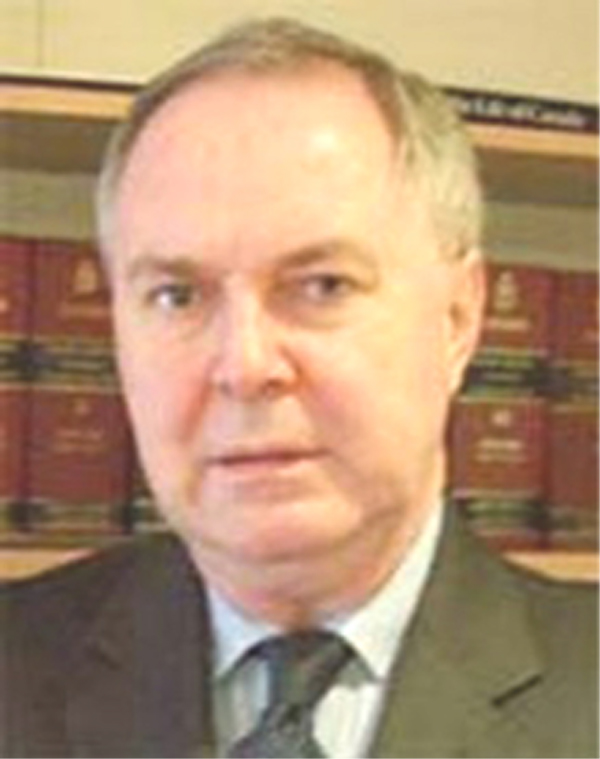– says legislation, regulations key to stimulating private investment
The cementing of ties with the local private sector has been one of signal achievements of relations between Canada and Guyana in recent years, Canadian High Commissioner to Guyana Charles Court told the Stabroek Business in a recent exclusive interview.

“We have built strong bridges with the private sector here in Guyana. Over the past year we have had the Canadian Executive Services Overseas (CESO) back in Guyana and they have been focusing on manufacturing, services and on strengthening the Private Sector Commission. We have also met both individually and collectively with private sector leaders,” Court told Stabroek Business adding that he was pleased with the “strong participation” from local private sector in seminars organised by the Canadian High Commission here that have had to do with corporate social responsibility and corporate governance.
Court said that corporate social responsibility has been an important theme in Canadian foreign policy and its international business and development and economic policy over the past few years and he expected that Canada will continue to lend support to the local private sector in that area.
Court, whose tour of duty here concludes at the end of July, said that Canada has also engaged potential investors “and we know that there is a great deal of interest on the part of Canadian companies in increasing their business here”.
The Canadian diplomat said that while Guyana possessed “huge potential for development” the realisation of that potential will depend heavily on “how legislation and regulation is developed and implemented to encourage both foreign and domestic investment to strengthen existing sectors and to develop new ones.” He noted that while the National Competitiveness Council, which had been in place for a few years now was critical to the creation of a convivial private sector climate, “we hope to see that moving forward more consistently.”
According to Court, Canada’s relations with Guyana had been strongly focused on seeking to improve the local business and investment climate particularly in the area of mining. “Over the past year or so we have seen some improvements in that area. We have had discussions with both investors and with government on issues to do with the administration of rules and regulations. That is good, that helps to make money for the investors and for the country,” he added.
Meanwhile, the Canadian High Commissioner cited a number of governance-related issues on which he said Guyana still has “some way to travel”. He said that in the aftermath of the 2006 elections “we had really high hopes that there would be real progress in some issues relating to Parliament and its relations with government and relating to local government”. He said that while the introduction of several local government bills in the National Assembly represented steps, “in the right direction,” the process was in need of strengthening in some areas, particularly with regard to legislation on the setting up of a local government commission. “It still does not create that kind of space between the central government and itself that will give local government the authority that they need to act locally and to take responsibility for local government,” Court said.
“Right now it is not clear how much real authority over the day-to-day running of local government the elected councils will have,” he added.
Meanwhile, Court told Stabroek Business that Canada had worked with local media proprietors and with some parts of the government “to try to strengthen the media and to help in the development of its Code of Conduct along the lines of the Code of Conduct implemented prior to the 2006 elections. He said that had the 2006 elections media Code of Conduct had “a longer term” it may have laid the basis for “a legislative framework for broadcasting and media that work within a self-governing environment that promotes dialogue and discussion within the framework of accountability.” Noting that there was a distinction to be made between state media and public service broadcasting the Canadian High Commissioner said he would like to see a local system that “reflects what we have in Canada, a public broadcasting system that is less involved in information dissemination on behalf of government and more in public service.”

